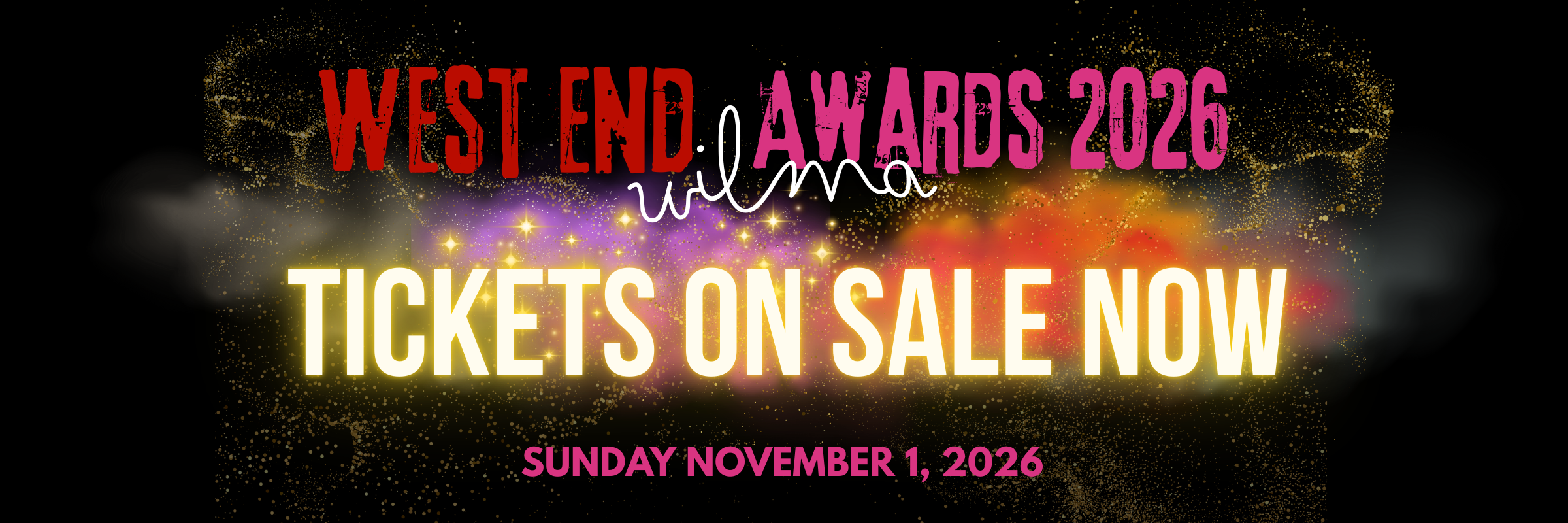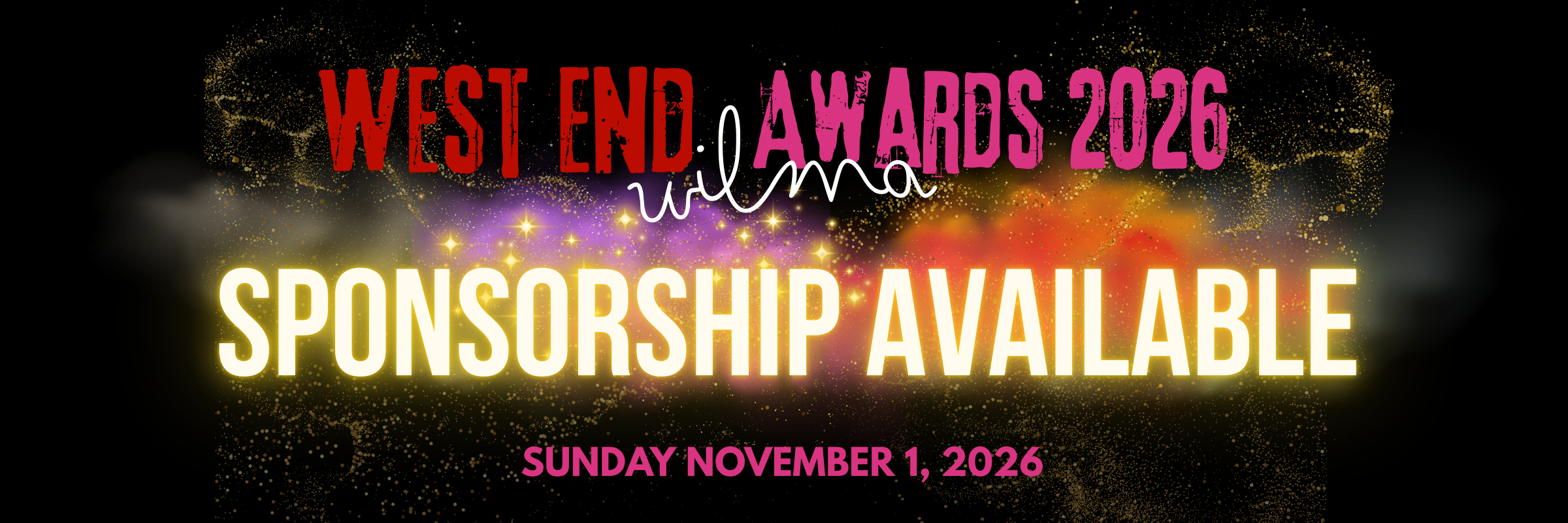
My Country: A Work in Progress is a Brexit-inspired collaboration between Poet Laureate Carol Ann Duffy and Artistic Director of the National Theatre Rufus Norris. It was conceived primarily as a listening project, in response to a referendum campaign characterised by stark divides and bitter debates. In a country that often feels like it doesn’t know itself anymore, this verbatim play is a valiant attempt to try and put us back in touch with ourselves.
Representatives from Britannia (Penny Layden), Caledonia (Stuart McQuarrie), Northern Ireland (Cavan Clarke), Cymru (Christian Patterson), South West (Adam Ewan), North East (Laura Elphinstone) and East Midlands (Seema Bowri) assemble at what appears to be a UK convention, complete with the desks that have those bendy microphones. Each representative is there to convey the testimonies of their people, and preserve the “sacrament of listening”. One after another, they voice the opinions of the real people interviewed by the NT team verbatim, impersonating their speech patterns and accents in, while showing photos of the people they’re speaking for. Britannia speaks for Westminster, relaying the rhetoric of Nigel Farage, Boris Johnson, Jo Cox, David Cameron and others.
The cast of seven do an excellent job with the verbatim material, maintaining the strong personality of their region while bringing out the individual charms and idiosyncrasies of the people they’re impersonating. There are lovely moments of comedy, and many of tenderness.
It’s an excellent use of verbatim, the interviews are woven into a dialogue which flows from one key point of the Brexit debate to the next. From immigration to sovereignty and austerity to flags, all the old favourites are there. As the debate grows increasingly contentious, and tempers start to fray, the dialogue becomes fractured and difficult to follow. It ends in a total breakdown of consensus and civility. Increasingly wide, too, is the gap between the reality of people’s thoughts and fears, and the rhetoric of Westminster. Some nice juxtapositions throw these contradictions into sharp relief.
The lyricism of Carol Ann Duffy’s poetry is clear to hear in the non-verbatim elements. Particularly moving is a monologue from Britannia on remembering the shared history of our nation – scarred by battle but enriched by cultural heritage. Patriotism, so often associated with far-right politics and toxic nationalism, becomes kind of beautiful in Duffy’s imagining of the UK’s collective memory and united future.
To heal the divisions caused by such a fractious and embittered argument, Britannia invites all representatives to come back together and share food, music, memories and jokes. It gets a bit surreal at this point, but it’s all very charming – there’s a dance-off, and the representatives tease each other about their regional stereotypes like squabbling siblings. Peace is restored just in time for the vote count, and a few more verbatim accounts of people’s reactions to the result.
While this neat exploration of British attitudes and opinions is unlikely to say anything new to anyone, it’s a refreshing nuanced antidote to the binary choice which divided the country exactly a year ago.
Reviewed by Annabel Mellor


